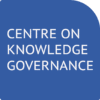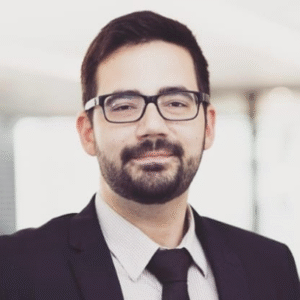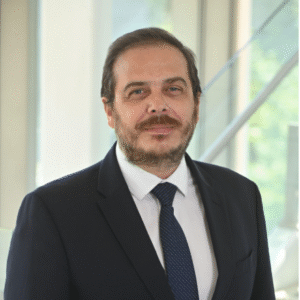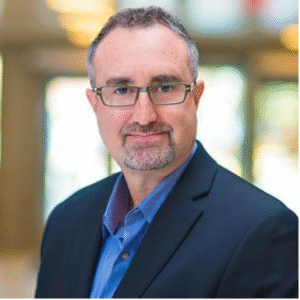The Global Expert Network on Copyright User Rights Symposium public event took place from June 16-17, 2025, at the Geneva Graduate Institute. Organized by American University’s Program on Information Justice and Intellectual Property (PIJIP) and South Centre, in partnership with the International Federation of Library Associations and Institutions (IFLA) and COMMUNIA Association for the Public Domain, the symposium’s main objective was to share research and deliberate over principles that guide protection of the public interest in copyright reform for the digital age.
The meeting occurred in the context of the World Intellectual Property Organization’s Standing Committee on Copyright and Related Rights (WIPO SCCR) having adopted a work plan to draft principles, objectives, and options for an instrument on limitations and exceptions (L&Es) in three priority areas: to enable preservation activities; to adapt exceptions and limitations to the online environment; and to ensure that people with disabilities other than vision impairments can benefit from new technologies.
On the first day, participants presented and discussed ongoing research on user rights from different parts of the globe. A keynote panel gathering academics discussed the history and the justifications for an international instrument on copyright L&Es. In the end of the afternoon, former and current government representatives addressed the history of the L&Es agenda, as well as the work plan on L&Es currently discussed at the SCCR. The second day was structured around detailed discussions in four sessions: principles for the protection of libraries, archives, and museums; education and research; remuneration in digital contexts; and cross-cutting issues, like liability safeguards, contractual overriding, cross-border research, and access rights.
The main output of the symposium was the “Working Document: Principles and Objectives for Limitations and Exceptions.” Participants developed this document through extensive deliberations and presentations carried out in the previous days, drawing from past documents and proposals of the SCCR on the topic of limitations and exceptions, international intellectual property instruments, and scholarship. Based on (i) already existing models and language in international copyright law or (ii) that have been proposed by countries in past SCCR deliberations or (iii) that are supported by a broad consensus in existing law and scholarship, the document contains proposed language for objectives, principles and options that may promote the objectives of the 2012 Mandate and the SCCR Work Program as described in the SCCR 46 Chair’s Summary.










